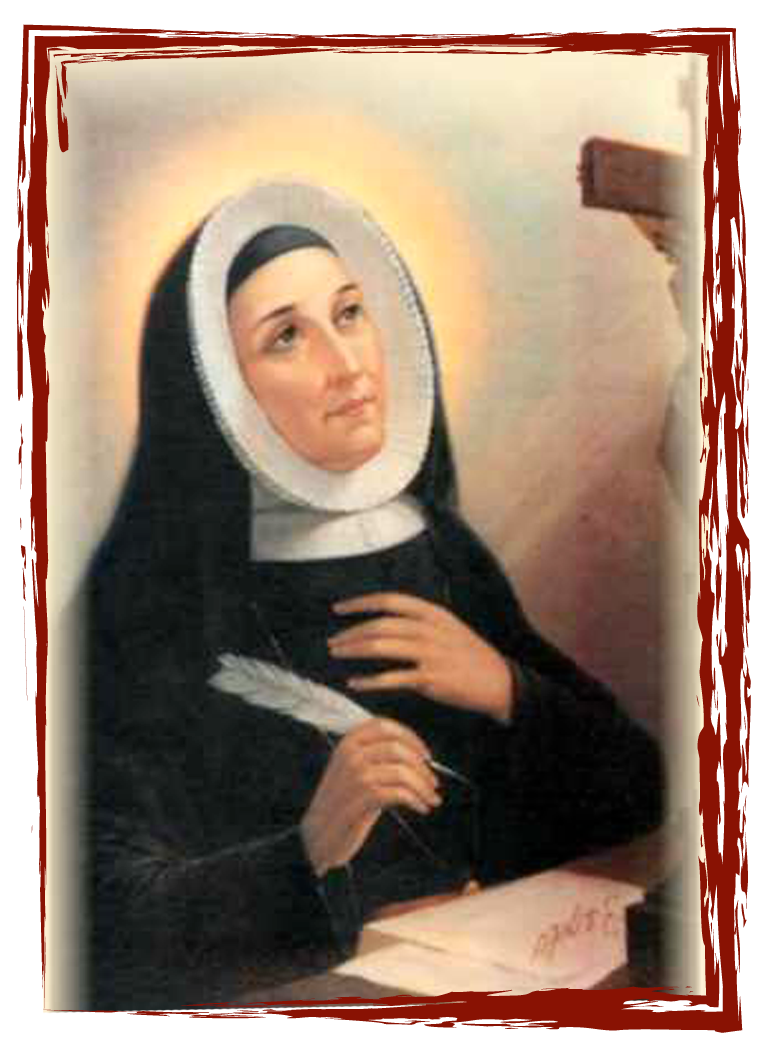With this process the Church simply wants to reassure her sons and daughters about a person whom they already venerate as holy. In fact, the proverb ‘voice of the people is the voice of God’ is not always true.
The canonization process, like any process searching for the truth to absolve or condemn a person is done through a court with a judge in charge, a notary to record the depositions of the witnesses, a prosecuting attorney and a defense attorney.
The judge is a bishop from the diocese where the person being considered for canonization died. (Canon means a list; therefore, to put the person in the list of the saints recognized by the Church.) The judge always delegates a trusted priest as defense attorney, in our case, called the POSTULATOR. He has to show with the evidence given by the witnesses and from the writings of the person being processed that the person in question truly led a holy life, that is, beyond the normal life of a Christian. He must show that the person exercised the virtues of faith, hope and love, prudence, justice and temperance in a heroic way, and at the basis of everything, the virtue of humility and other virtues according to his or her state in life. For example, the vows for a person in consecrated life, family duties and responsibilities for a married person, ministerial mission for a priest, leadership in the local Church for a bishop, for a politician consistency as a Christian in the context of his or her life, etc.
The prosecuting attorney, commonly called the devil’s advocate, is a priest who, during the process, gathers the evidence through the witnesses and must safeguard that the everything proceeds correctly. He can ask questions to better show the truth of what is being told by the witnesses.
Once the evidence is gathered and all the material is put in order and bound together, it is submitted for verification that everything is formally according to law and is given back to the Postulator who writes up his findings based on this documentation regarding the heroic nature of the virtues (Venerable), the authenticity of martyrdom, in the case of a martyr (Blessed), a presumed miracle in the case of beatifying a Venerable (phase 2) or the canonization of a Blessed (phase 3.)
Recognizing that a Christian has followed Jesus in an excellent, heroic way in order to present him or her to Christians and to the world as an example to be followed is a truth that must not leave any room for possible backtracking. This is the reason for the seriousness and austerity the Church requires in these Processes.
Sr. Maria Paniccia, asc

